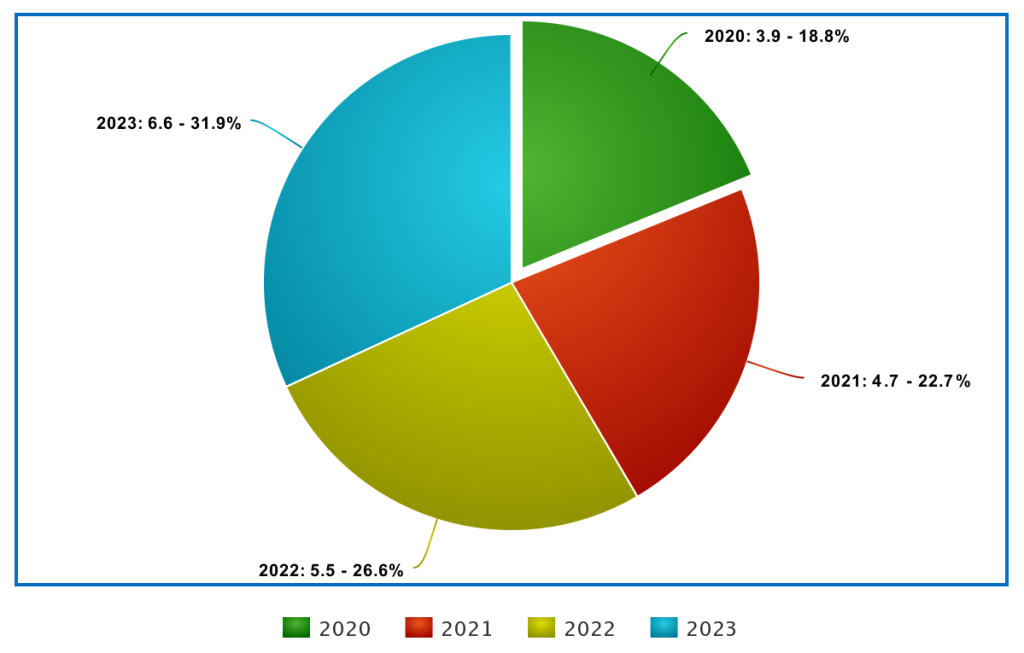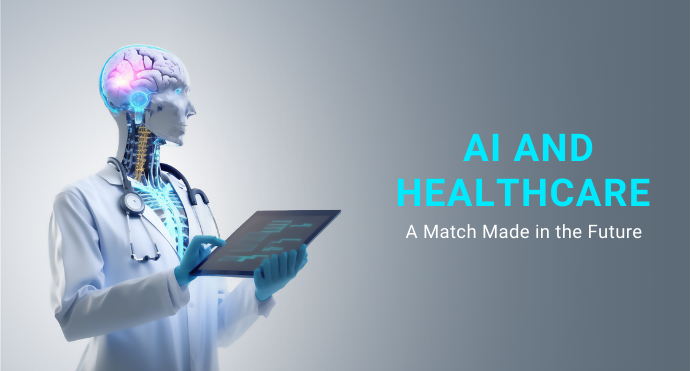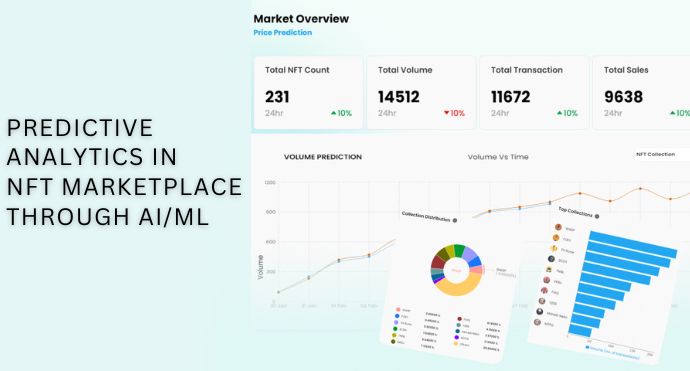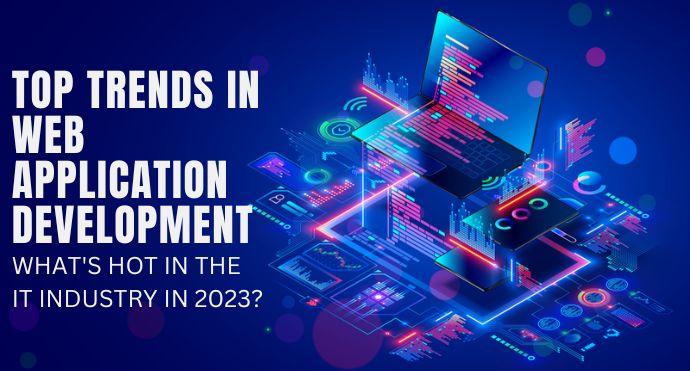Artificial intelligence (AI) is rapidly transforming the healthcare industry. From diagnosing diseases to developing new treatments, AI is being used to improve patient care in a variety of ways.
One of the most promising applications of AI in healthcare is in the area of personalized medicine. By analyzing large datasets of patient data, AI can identify patterns and correlations that can help doctors to develop more personalized treatment plans. For example, AI can be used to identify patients who are at risk for developing certain diseases, or to predict how well a patient will respond to a particular treatment.
AI is also being used to develop new diagnostic tools. For example, AI-powered image analysis tools can be used to detect cancer cells in medical images with greater accuracy than human radiologists. AI is also being used to develop new drug discovery tools. By analyzing large datasets of molecular data, AI can identify potential new drug targets and design new drugs that are more likely to be effective.
The use of AI in healthcare is still in its early stages, but the potential benefits are enormous. By 2023, the global AI healthcare market is expected to reach $6.6 billion.
Growth Strategies:
There are a number of growth strategies that healthcare organizations can use to capitalize on the potential of AI. These include:
Investing in AI research and development: Healthcare organizations need to invest in AI research and development in order to stay ahead of the curve. This includes developing new AI-powered products and services, as well as integrating AI into existing workflows.
Partnering with AI companies: Healthcare organizations can partner with AI companies to gain access to cutting-edge AI technology. This can help organizations to accelerate their AI adoption and improve their patient care outcomes.
Educating healthcare professionals about AI: Healthcare professionals need to be educated about the potential benefits of AI in order to embrace it. This includes providing training on how to use AI-powered tools and how to interpret AI-generated insights.
Market Dynamics:
The market for AI in healthcare is expected to grow rapidly in the coming years. This growth is being driven by a number of factors, including:
The increasing availability of healthcare data: The amount of healthcare data is growing exponentially, which is creating new opportunities for AI to be used to analyze and interpret this data.
The falling cost of AI technology: The cost of AI technology is falling, which is making it more affordable for healthcare organizations to adopt.
The increasing demand for personalized medicine: Patients are increasingly demanding personalized medicine, which is driving the development of AI-powered tools that can help doctors to develop more personalized treatment plans.
Growth of the AI Healthcare Market:

Conclusion:
The integration of artificial intelligence (AI) into healthcare holds immense promise for transforming patient care and improving outcomes. By harnessing the power of AI, healthcare organizations can unlock valuable insights from vast amounts of data, enhance diagnostic accuracy, and personalize treatment plans. The global AI healthcare market is projected to reach $6.6 billion by 2023, signifying the growing recognition of AI’s potential in revolutionizing healthcare.
To capitalize on the opportunities presented by AI, healthcare organizations must embrace growth strategies that prioritize research and development, foster partnerships with AI companies, and provide education and training to healthcare professionals. By investing in AI, organizations can drive innovation, improve patient care, and gain a competitive edge in the evolving healthcare landscape.
The market dynamics supporting AI’s growth in healthcare are significant. The ever-increasing availability of healthcare data, coupled with the decreasing cost of AI technology, creates an environment conducive to widespread adoption. Moreover, the rising demand for personalized medicine further accelerates the development and implementation of AI-powered tools and solutions.



